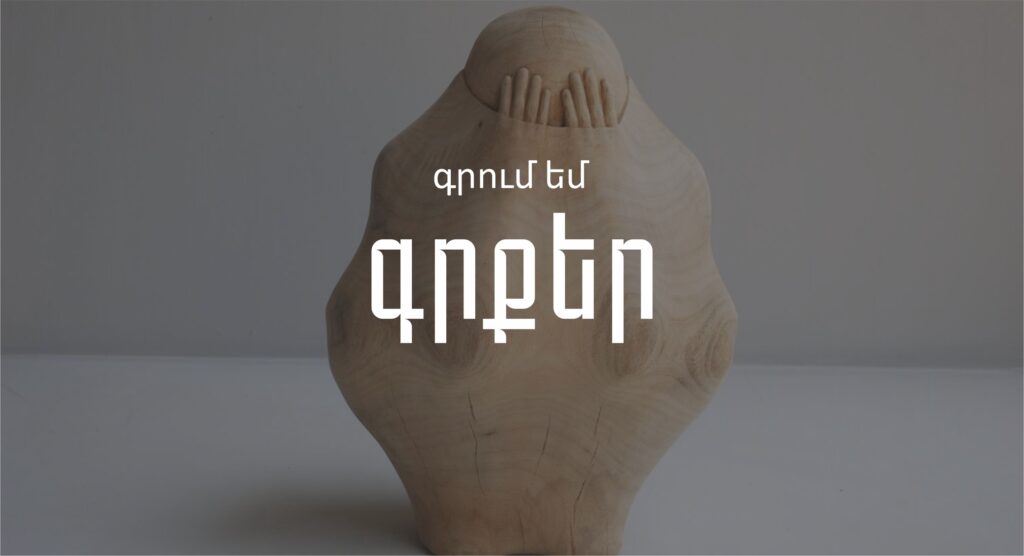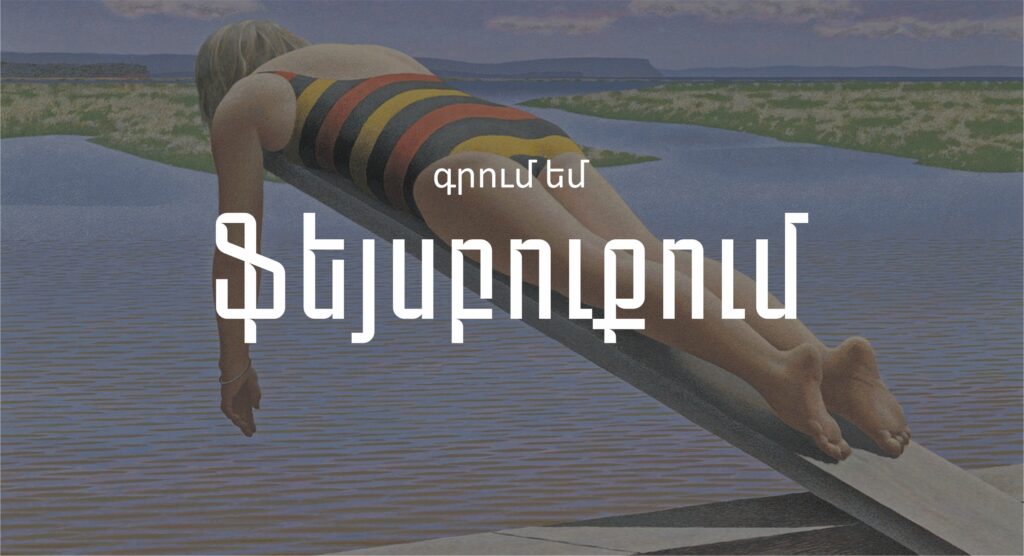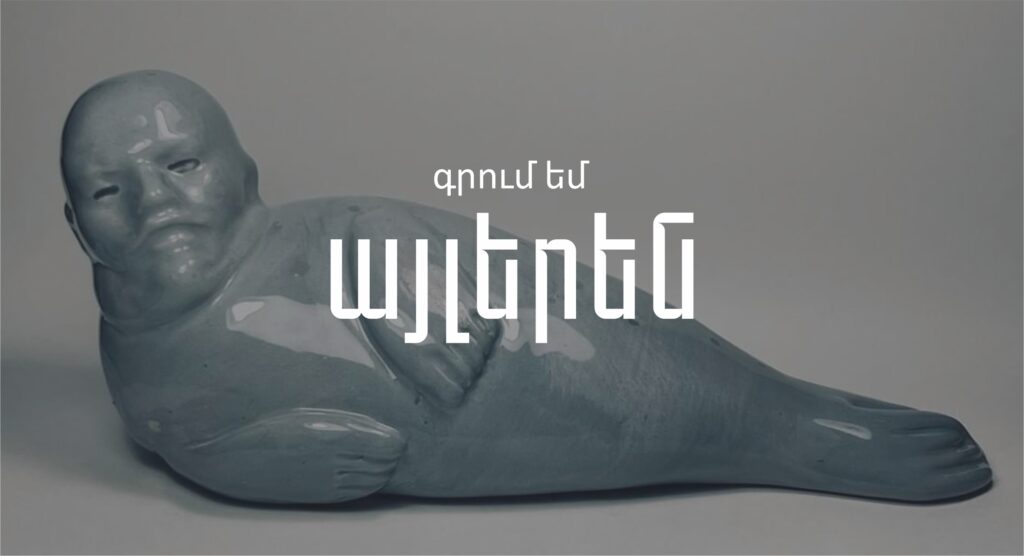Youth.am | Tsovinar Karapetyan
Founder of Granish Literary Club Karen Antashyan, literary critics Arkmenik Nikoghosyan and Hasmik Hakobyan wrapped up the year of literature in Armenia.
“Literature 2011: Time to Throw the Stones”-this is how founder of Granish Literary Club Karen Antashyan describes the year. Even though there were no turning points this year, steps were taken in some matters and the results will be seen in 2012. “There have been real steps in the sense of reinforcing the field of literature. We think there is a need to create and develop a market for literature in Armenia, and there have already been collaborations between writers and publishing houses,” Karen says.
The young writers also praise the publishing houses’ initiatives aimed at reinforcing literature, including the Edit Print Pan-Armenian Reading Contest, the Antares Prose Short Stories Contest and more.
This year, they raised concerns about the need of translating foreign literature into Armenian and consider Samvel Mkrtchyan’s Armenian translation of James Joyce’s “Ulysses” unique since it hasn’t been and can’t be translated into all languages.
Digilib.am and litopedia.org are also some of the achievements in 2011 and will be presenting Armenian literature online. The writers have done most of the work on their own, but they have also received partial funding.
The young writers are also content with the activities of the Ministry of Culture, which helped them participate in several international book exhibitions.
As for the fact that the Writers’ Union of Armenia is gradually losing its status as a “monopoly”, literary critic Arkmenik Nikoghosyan even considers that a positive thing. “We are seeing the creation of small literary clubs that are promoting writers, making the field diverse and making the writers competitive.”
The young writers suggest another way of making Armenian literature public. “If the President, the Prime Minister and the ministers don’t attend the national music awards or the concerts of little singers and visit a typical Armenian book exhibition, the society will automatically show a different attitude toward books,” Arkmenik Nikoghosyan says.
They don’t like the fact that writers’ efforts are not taken into account when book prices are fixed in Armenia. Those who set the prices only count the expenses for printing and the profit from publication, while writers abroad receive 70% of the book price.
In any case, the young writers assure that next year will be more “abundant” since the foundations have been laid and the writers and literary critics are working together to make sure that people have access to the literature. The only thing left is to see the motivation for literature after the year 2012 ends and after Yerevan is no longer the World Book Capital.




